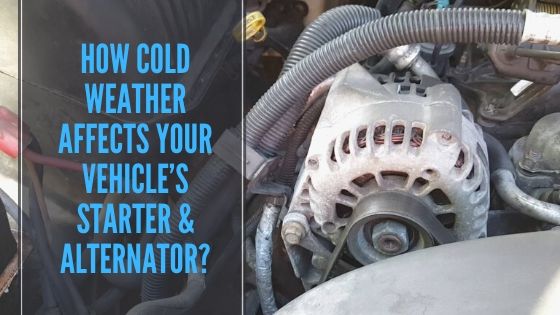
Are you using genuine spare parts for your Eicher tractor, or are you unknowingly risking safety with counterfeit ones? It's crucial to differentiate between the two to ensure optimal performance and safety. Here's a guide to help you spot the difference:Packaging and Labeling: Genuine Eicher parts...

.jpg)



